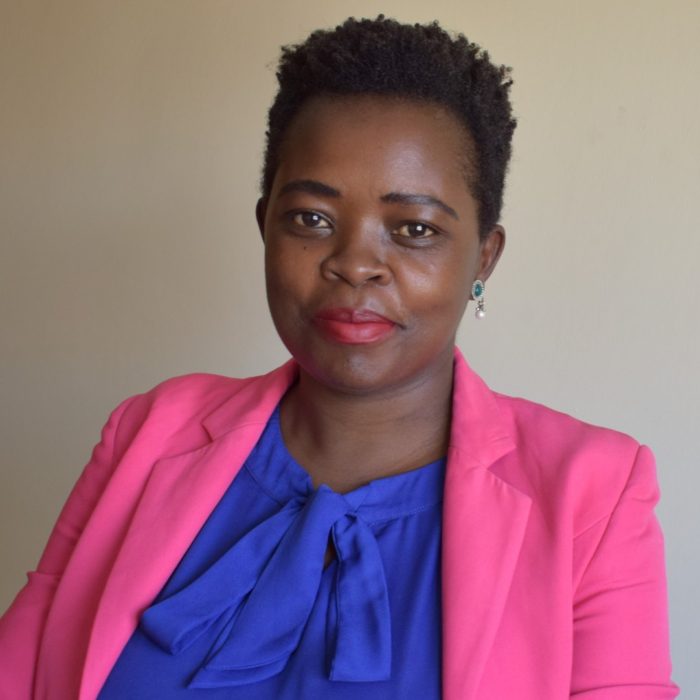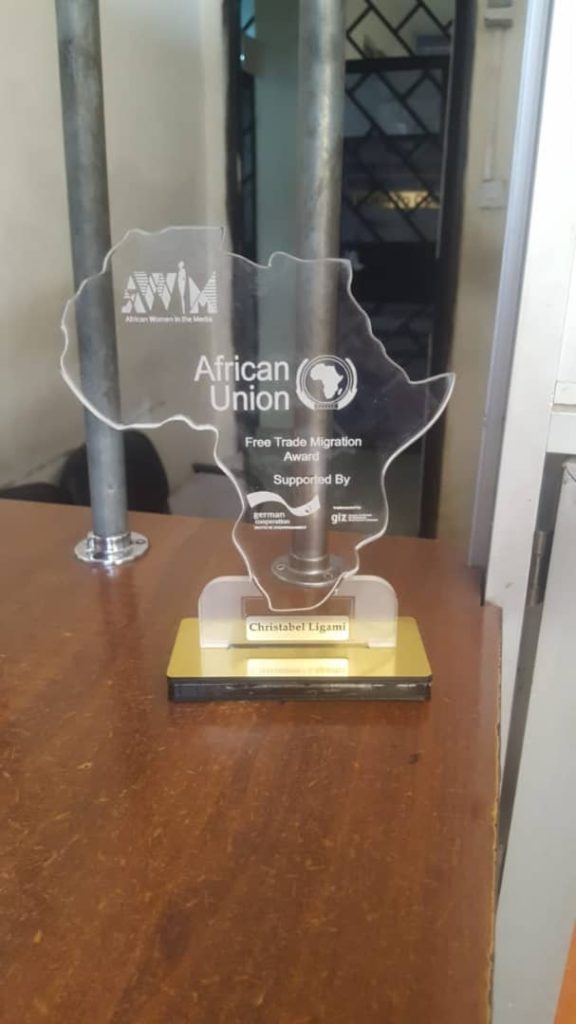Groundbreaking Workshop on AI and Technology-Facilitated Gender-Based Violence at AWiM24
Trending
Tuesday June 3, 2025
Trending

Christabel Ligami, one of the award winners at the awim19 conference shares snippets of her career journey while talking about the place of data and policy in journalism.
Please tell us about yourself
My name is Christabel Ligami, a Kenyan freelance journalist. I am a multi-award-winning journalist both internationally and regionally. I have a master’s degree in Communication studies and a Bachelor of Science degree –in Biochemistry. I write on gender, health/sciences, development, business, climate change, education.
You are a Writer/Researcher and Biochemist. Tell us how this affects how you process information and present your thoughts as a journalist.
It has enabled me to think broadly and to understand issues I report on with the expectation of an end result. It has also enabled me do stories that had an impact on people and resulted to change.
Who gave you your first opportunity to flourish?
The EastAfrican Newspaper.
How important is data to journalism?
It gives a detailed and deeper understanding of issues. It enables journalists give a better explanation and informed analysis of issues they are reporting in a more sensible and simplified way.
Please share the relationship between your background, nationality and choice of stories.
I am Kenyan, born, bred and schooled in the rural part of the country – Western Kenya. Growing up in the rural areas I saw how poverty, ignorance and lack of information/ misinformation derailed people in terms of development and decision making. This has motivated me to ensure that the kind stories I choose to write are human in nature and have an impact on someone or to society. I also ensure that I communicate in the simplest, most interesting manner so that I can pass the message easily.

You won an award for pitching your story during the AWIM conference. Can you share the story behind your story (why you pitched your topic) and what this means for your professional journey?
Following the launch of African Continental Free Trade Area, I realized that no one has talked to the cross border women traders expected to benefit from the pact. Yes, the presidents signed and launched but are the main beneficiaries – women traders aware of it and how it will benefit them. This is what I will be investigating. I have reported on regional integration and I have seen how women have challenges doing business across the border and for lack of information on policies and laws, they are manipulated. Simple processes become nightmares to them. It is only by talking to these women traders and sensitizing them at the same time that the information on the benefits of AfCFTA will go out. As a journalist, this will help me pass the message.
If you had your way, what policy would you push and what result do you hope to get out of it?
Policies on women and girls’ empowerment.
Policies on equality in education.
Policies on ensuring equal distribution of resources.
What were your expectations before AWIM19 and how have these expectations been met?
To see and hear the experiences of women in media and how the go about their work despite the many challenges for women in media. Through networking and the sessions, I got to hear and learn much about this.
Where do you see yourself in the next five years?
Running my own online magazine with a focus on women.
Final words
One should be driven by passion with the expectation of change and self-satisfaction.
We’re not gonna spam. We’ll try at least.

Copyright 2020. African Women In Media
Copyright 2020. African Women In Media
Recent Comments